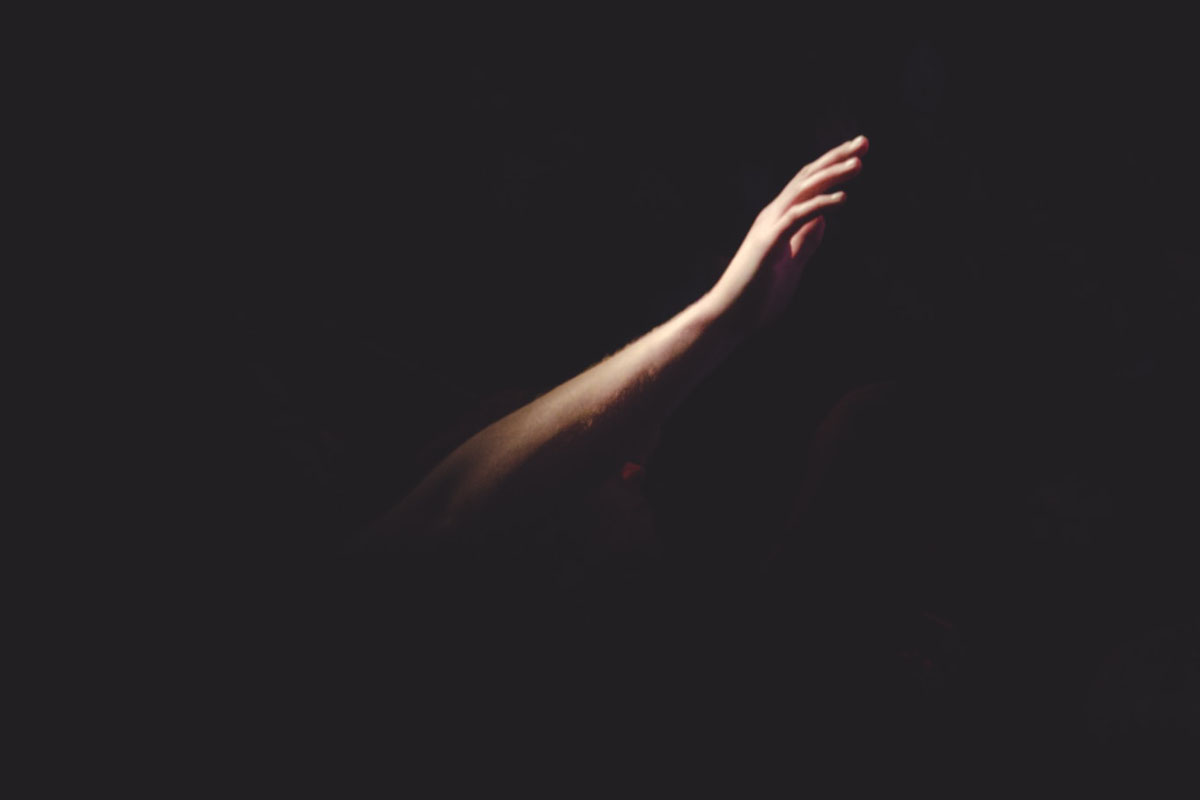Sunlight peeked through the window blinds, putting stripes of yellow light on the wall. Gusts of wind made its way through cracked windows as the curtains swayed. The first night in our apartment, I stayed up until 3 am, sitting at the kitchen table, quietly crying to myself.
And the next night … and the night after that.
I slept on a freshly vacuumed rug until our mattress came in a week later. I still remember the first time I drifted to sleep on that couch in front of the television. There was a candle burning on the coffee table. I sank deep into an afternoon nap with a stuffed owl plush toy lost among the pillows and blankets. It was early March, cold, and the heat had just turned on. The pipes clinked and hummed near my feet as I burrito-ed myself in new bedding. I felt so safe … safer than I had felt in a really long time.
As I sat there at the table, I remembered the days prior when I doubted this would ever happen. I didn’t believe I’d ever be housed again. Somehow, I believed my life was over at the age of 26. As I sit here right now writing this, the reality is my life has hardly begun. I’ve done nothing yet. I am practically still a child with so much life to live. And yet, I believed it was over. Life had slipped through my fingers – fate suggested this was all there was and will ever be. I was crippled by the supposed cards that had been dealt to me. I believed all of it was what I deserved. And, much of this I learned from my environment. I learned it from the people around me.
I was surrounded by sorrow, stagnancy, and hopelessness every day.
Even after I left the shelter, I couldn’t leave mentally. Sure, I had left the shelter, but I hadn’t really left the shelter. Not fully. I felt strange for a very long time. Everything felt strange. I felt like a vulnerable animal, previously captured, and now finally being released back into the wild.
As we settled into our apartment, I thought to myself: Just a month ago, I couldn’t do anything without permission.
I lived under a very strict disciplinary system where I couldn’t do much of anything, let alone exist, without following very strict guidelines. There were rules for every aspect of life. All it took was one mistake, one slip up, and I could potentially lose the roof over my head.
I remember bolting up, groggy from another depression nap, and it was 11 pm, and not remembering if I signed for my bed that night. That alone, the panic, the anxiety, hasn’t left me – even two years later.
I haven’t released the tension in my shoulders, or alertness, the vigilance required to survive homelessness and shelter life every day. And, frankly, that is no way to live – with disaster and complete ruin around every corner.
I so desperately wanted to live again, to be present in the moments of my life. I wanted to feel how I felt before it all happened, to be alive again. But I didn’t know how. I didn’t know who I was or who I was going to be at this point. Homelessness stripped me of my identity. I was no longer a real person. I morphed into a case number, a stereotype, a statistic. Nothing else mattered but the fact that I was homeless. Coming out of that, and trying to remember who I used to be was hard.
But I started where I was, and I used what I knew best: words.
It doesn’t always make sense. And it doesn’t always work. But through writing I’ve always been able to process what happens to me. I was able to think about and reflect and get closer to understanding myself again. It was reflecting on my writing journey that helped me remember who I was, and realize who I could still be.
I remembered the young girl, at the age of 10, stapling together her very first zine. I remembered the teenager, in A.P. English, accelerating through expository writing classes. The college student who wrote her first novel among passionate and excited peers was me. I remembered the new graduate constructing her first syllabus for an online creative non-fiction course. I remembered the young woman staying up until 2 am every night, under a dim lamp, clicking away at the keyboard, because it was there I felt most alive, most myself.
One of the hardest realizations for me was accepting that I have to start over. In some ways, literally – new home, new job, new life. While in other ways, it is much about the inner-work I now have to do in order to construct a person with what I have in front of me. I have to take the bits of old Jocelyn and merge them with new Jocelyn who now sees the world very differently. I have new traumas, new truths, and new ways of existing.
With much certainty, I know I cannot be Jocelyn before homelessness happened. It’s impossible. The world and I are so different. But I can choose to embrace a new person. I can choose to honor all the mountains I climbed to reach her. I can let my journey and my lessons become someone else’s survival guide.
Photo by Cherry Laithang on Unsplash.











